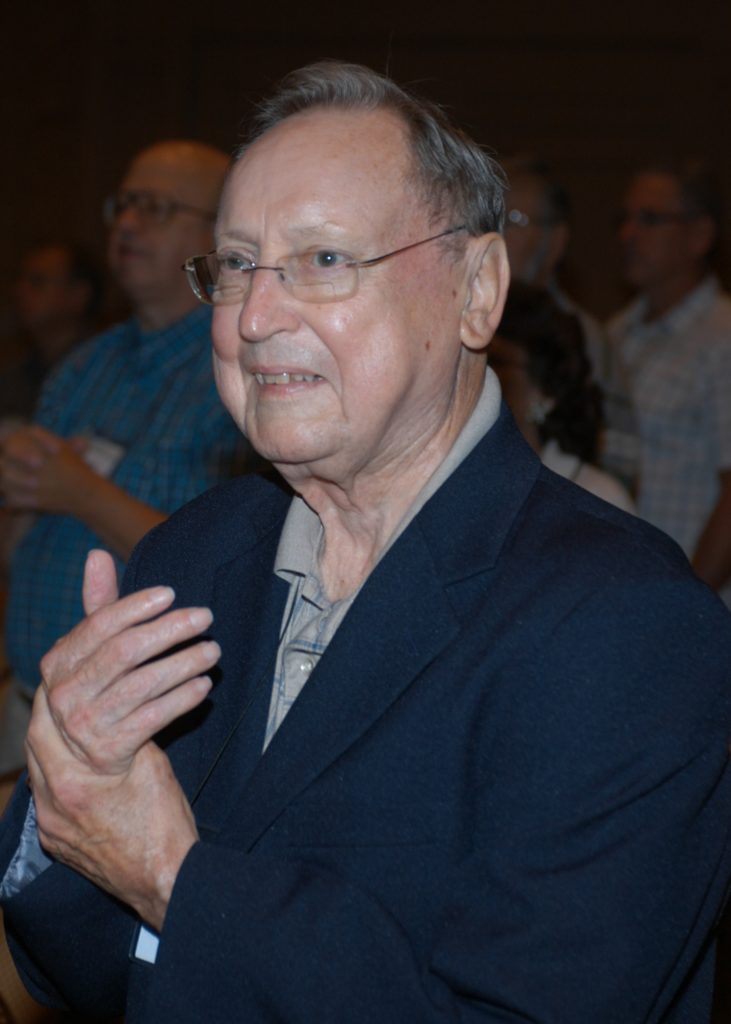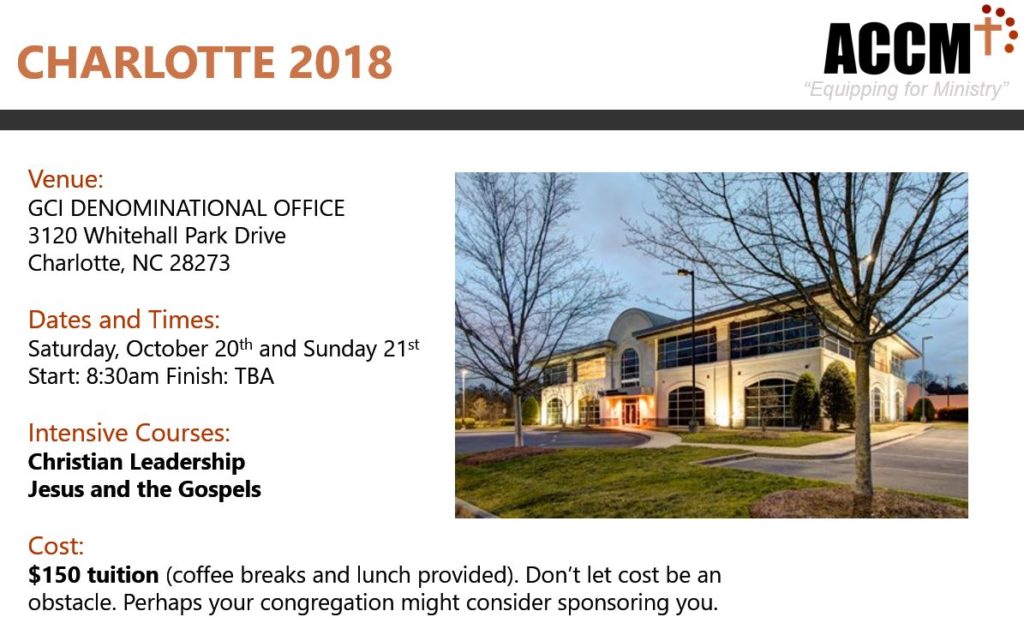Dear Brothers and Sisters,

Though I was told that I was my paternal granddad’s favorite grandchild, it didn’t always seem that way to me—he was a strict disciplinarian. Because he died when I was young, I didn’t know him well, though I did know he was something special by the way my parents, aunts and uncles honored him—especially on his wedding anniversary and on Father’s Day.
Father’s Day is celebrated in the U.S. and 69 other countries on the third Sunday in June (some other countries celebrate it in September). Last year in Australia there was quite a furor over the notion of changing the name to “Special Person’s Day.” Some reasoned the change would ensure that children without dads would not feel excluded from the celebration. While it behooves us to include children who don’t have at-home dads, I don’t think a name change would help much—we’d also have to change the name of Mother’s Day and several other holidays to avoid exclusion or offense. My only complaint about Father’s Day is that, because it falls on Sunday, we fathers don’t get a day off work!
Father’s Day and Mother’s Day celebrations give us opportunity to obey the commands given in the Bible to honor our parents. However, those commands present a problem for people who have had abusive parents. What are they supposed to do? While there are no easy answers, it’s important to remember three things: First, that God fully understands what those who were hurt by their parents endured—he sees and cares. Second, that giving honor does not mean condoning or continuing to endure abuse. Third, that the ability to honor those who have abused us does not come from within—it’s a gift from God that involves sharing in the mind of Jesus who willingly died for undeserving sinners (Romans 5:8). With Jesus, by the Spirit, we can give honor to those who don’t deserve it. We do so by looking beyond the pain they’ve caused, and instead of seeking revenge, seeing them as a child created by God. Don’t get me wrong, God does not love the pain they have caused, but he does love the child he created.

Though we may not know all the factors that led a parent to be abusive, we know God did not create them that way and does not want them to remain that way. We also know that our Lord says, “love your enemies,” “pray for those who persecute you,” and “turn the other cheek.” Jesus also says, “If you love those who love you, what credit is that to you? Even sinners love those who love them” (Luke 6:32). The apostle Paul adds in 2 Corinthians 5:14-17 that we should regard no one (parents included) from a merely human point of view—instead, we should see them in relationship to Jesus, who intends that they become new creations in him, by the Spirit. When we ask God to help us see an abusive parent in that way, our hearts begin to change. We find ourselves less focused on their bad behavior and more focused on the person God created them to be.
Let me emphasize that we are not called to honor our parents on our own power. Instead, enabled by the Holy Spirit, we see them in the light of Christ—the light of what our Lord intends for them. In that light, we are able to honor our parents because we know that Jesus, as Mediator, stands between us and them—he is Lord and Savior of that relationship. We also know and trust that Jesus’ purposes for us cannot be thwarted by bad parenting. Through him and by him we have a heavenly Father who graciously rules over all earthly fathers (and mothers).
Giving honor to a parent is not mere emotion—it’s an attitude that comes from faith, hope and love in God through Christ and by the Spirit. Also, giving honor does not require a positive relationship (in some cases, a face-to-face relationship with a badly abusive parent is not possible). Nevertheless, Jesus calls upon us to rise above the bad relationship to extend honor, even if from afar. We do so by focusing on our relationship with Jesus, who enables us to grow into his maturity, including his ability to love the unlovely. We do so remembering how Jesus showed incredible honor toward us when we were completely dishonorable.
One last thought: When children see parents honoring their parents, they will likely imitate that behavior. Despite the challenges, honoring others is a healthy activity for others as well as for ourselves.
Happy Father’s Day,
Joseph Tkach, GCI President






